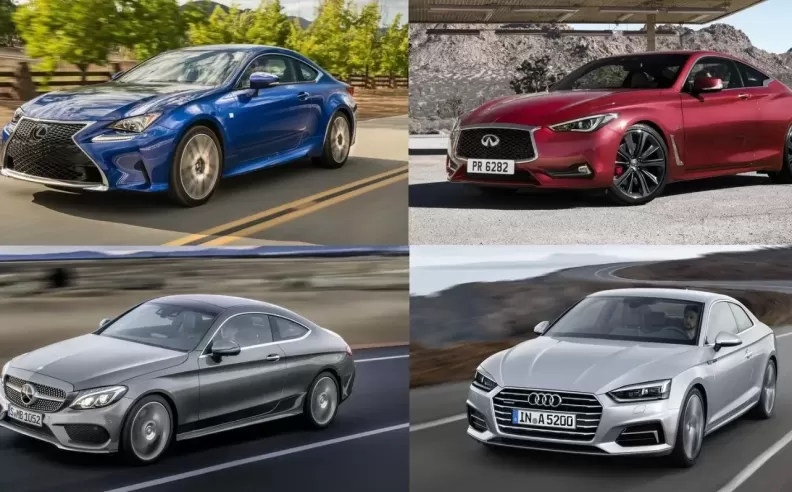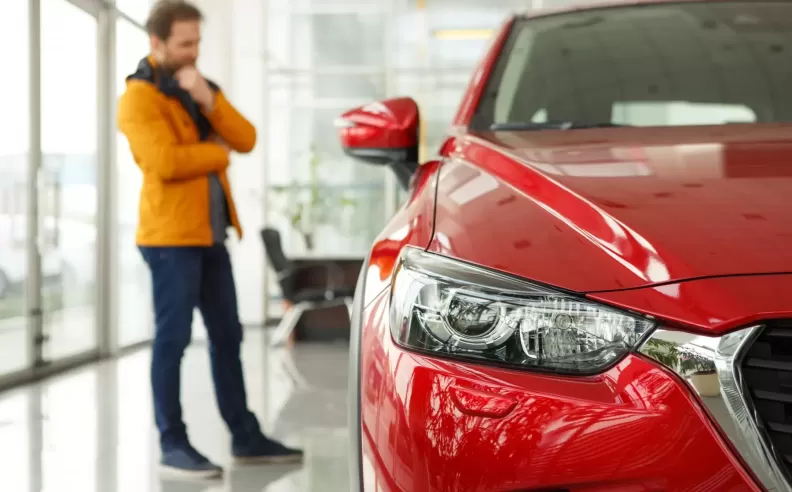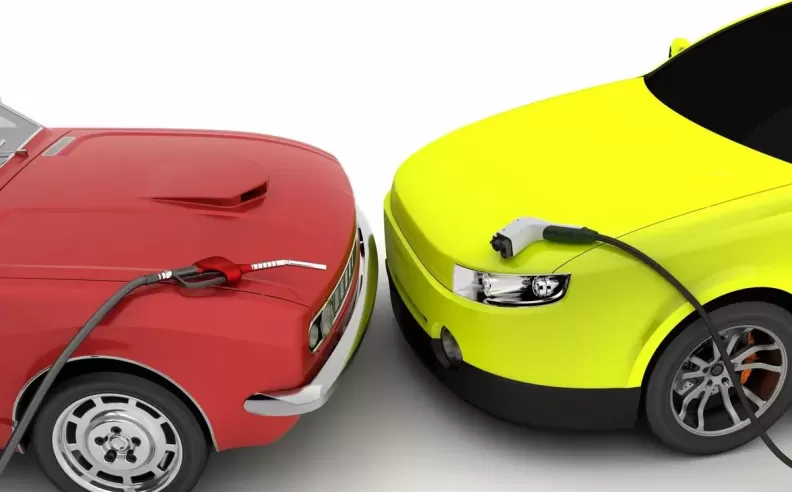
Buying a new car is an exciting experience, but it's also a significant financial commitment. With so many options available in the market, it's important to carefully consider various factors before making a decision. From budgeting to evaluating your needs and preferences, this article will outline key things to consider when buying a new car.

Setting a budget is the first step in the car-buying process. Consider how much you can comfortably afford without straining your finances. Remember to account for other costs such as insurance, fuel, maintenance, and potential loan payments. By establishing a realistic budget, you can narrow down your options and focus on vehicles within your price range.

Assessing your needs and lifestyle is crucial when selecting a new car. Consider factors such as the number of passengers you usually carry, the purpose of the vehicle (commuting, family, off-roading, etc.), and the type of driving you do (city, highway, or a mix). Determine whether you require ample cargo space, advanced safety features, fuel efficiency, or specific technological amenities. Tailoring your choice to your specific needs will help you find the perfect car.

Conduct thorough research on different car models that fit your criteria. Explore online reviews, car ratings, and reliability reports to gain insight into the performance and overall quality of the vehicles you're interested in. Compare prices, features, and warranties to ensure you're getting the best value for your money. Visiting dealerships and test driving the shortlisted cars will give you a firsthand experience and help you make an informed decision.

As environmental concerns continue to grow, fuel efficiency and environmental impact have become important considerations. Evaluate the fuel economy ratings of the cars you're considering and choose a model that aligns with your sustainability goals. Hybrid and electric vehicles are increasingly popular choices due to their reduced emissions and fuel consumption. It's worth considering these options for their long-term cost savings and environmental benefits.
Explore various financing options before making a purchase. If you require financial assistance, compare interest rates, loan terms, and down payment requirements from different lenders. Additionally, consider leasing as an alternative to buying, especially if you prefer to upgrade your vehicle every few years. Understanding your financial options will help you make a well-informed decision and ensure that you can comfortably afford your new car.
While it's exciting to buy a new car, it's also essential to consider its future resale value. Some cars tend to hold their value better than others due to factors like brand reputation, popularity, and reliability. Research the depreciation rates of different models to understand how they retain value over time. Choosing a car with good resale value can be beneficial if you decide to sell or trade it in the future.

Wael is an automotive content writer specializes in creating written content for Motor 283. Producing a wide range of content, including blog posts, articles, product descriptions, reviews, and technical guides related to cars, trucks, motorcycles, and other vehicles, with an unprecedented passion for cars, and motorcycles.
